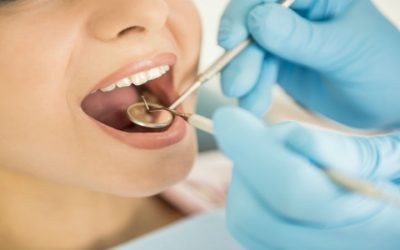Dental care is an important part of your general wellness and health. Many people put it off as long as possible, but it’s recommended that you get your teeth checked at least once a year, with every six months being preferred.
Dentists in Round Lake do focus on more than just your teeth; they also look at everything else having to do with your mouth, including your gums and jaw. They also are frequently trained to diagnose other disorders and illnesses that may affect conditions in the mouth. For instance, some oral problems can be symptoms of diseases like osteoporosis or diabetes.
Dentists go through many years of schooling to become professionals in their field. It’s frequently a minimum of four years, though they may also do further post-graduate work in order to gain experience and hone their skills to various specialties. Some dentists specialize only in doing routine care, such as cleaning, filling of cavities, pulling teeth when necessary, and taking x-rays. Others may specialize in doing more extensive surgeries, for doing facial and jaw reconstructions or implants. Still, others may specialize in orthodontics, or specifically in root canal treatment, or only on childhood dentistry.
When selecting a dentist in Round Lake for you or your family, you of course want to be certain that they’ve been accredited. For practicing in the US, dentists should have obtained either a DDS (Doctor of Dental Surgery) degree or a DMD (Doctor of Dental Medicine) degree. The degrees are from different schools, but are equivalent and basically identical in what it allows them to do.
If they’ve completed extra training either through residency or graduate programs, they should also have certificates showing that they’ve done so. Many dentists obtain master’s degrees in science, dental surgery, clinical dentistry, or other areas of the field. Some dentists also obtain PhDs or medical degrees in addition to their basic dentistry degrees. These degrees and certifications can certainly be beneficial to look at, especially if you have need of a specialist. Specialist titles are regulated; if a dentist wants to call him or herself a specialist in a given area, they have to be board certified.
However, many people have no need for a specialist. Most people will benefit plenty from routine care received from a general dentistry practice. It’s best to know what you’re looking for ahead of time, so you can compare rates and success stories. Should you ever need a specialist in the future, most dentists who focus on general care will be able to refer you to someone they’ve had success working with in the past.
And in addition to your dentists’ care for your teeth once or twice a year, it’s always important to do your own care at home; brushing and flossing goes a long way toward keeping your mouth healthy!
Visit Reilly & Siegel Family Dental for more information.







